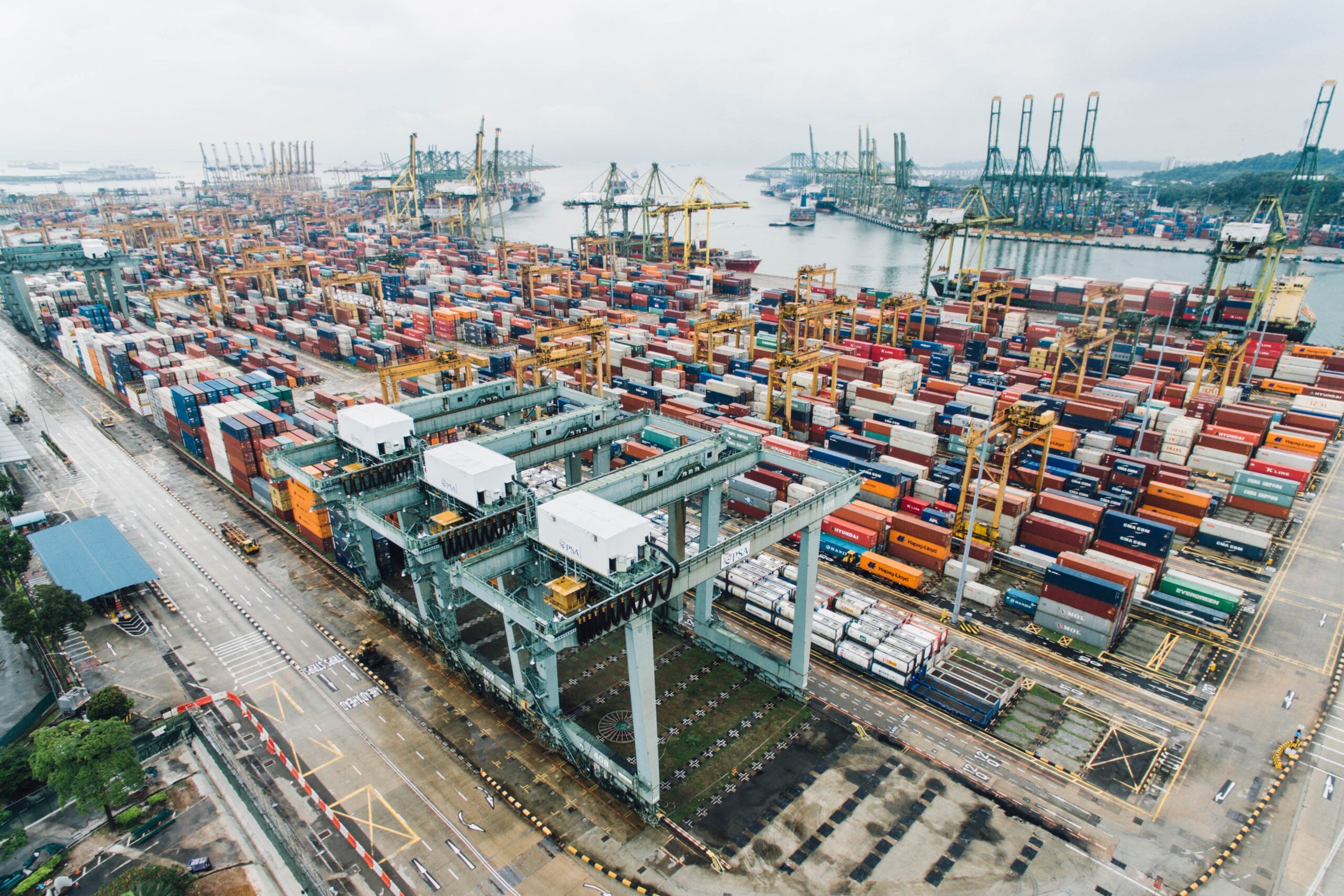All together now: Coordinating for success in modern supply chains
Scroll to find out more
Scroll to find out more

Post-globalisation, supply chains have morphed into complex networks, spanning oceans and continents as well as between and within multi-entity organisations. The reality, however, is that it can be easier to move a container from Shenzhen to Felixstowe than to align planning between two departments separated by a single office wall.
The logistical links in your supply chain are only as strong as the relationships and communication between the stakeholders involved.
The infrastructure of ports, warehouses and vessels exist solely as a means to achieving your own strategies. And if those strategies are not clearly outlined, shared and implemented, then your results will be limited. However, this is more or less the history of transactional relationships in supply chains.
The marker for success is longer simply whether or not your goods reached their destination more or less on time.
Winning through your supply chain is a matter of ensuring that your logistics operations support and are supported by every other element of your organisation and network. As we discuss with Frederic Gomer, Managing Partner at B2G Consulting, on our podcast, Freight to the Point, this means investing in robust relationships and enhancing collaboration among supply chain stakeholders.
It’s not just a matter of facilitating normal functioning. Recent commercial, political and logistical disruption has underscored just how much resilient supply chains matter. When events go south, companies with poorly networked and less collaborative supply chains come off worse. “Resilience means being able to operate despite any disruptions. So that’s the muscle that most organisations want to build right now.” says Frederic. However, most organisations are not set up to achieve this.
For stakeholders working together with competing incentives, alignment is always a common issue.
“Trust is a challenge… trust is the basis for any collaboration, especially between different organisations, such as suppliers and customers.” explains Frederic. On the ground, a lack of trust often culminates in limited visibility and transparency across the supply chain, as stakeholders hold back on key communication.
Among partners such as carriers, forwarders and manufacturers, there is also the need for a significant cultural shift is required to transition from a transactional to a collaborative mindset. Each stakeholder must be connected to the overall goals of the process, rather than just focusing on their own task within the chain.
In practice, this requires multiple factors to enable trust and collaboration, including:
Given that supply chains are by nature a collaborative exercise, improvements in coordination and communication are the essential baseline for any supply chain execution strategy.
This includes acting as a buffer against disruptions by ensuring a free flow of information and prompt joint problem-solving, but also continuous improvement from mutual accountability and knowledge sharing.
For teams operating across distances with complex informational needs, technology is now an essential partner.
“Teams need systems where suppliers, customers can collaborate together and have the end-to-end visibility that they need in a trusted environment.” explains Frederic. The power of technology extends to facilitating transparent communication, sharing critical data, and managing multiple suppliers under a single system.
The right technology solution needs to offer certain functionalities to drive effective collaboration, including:
Your freight forwarder is the heart of your relationships with your external partners. As the responsible stakeholder for coordinating collections, transport, customs and warehouse delivery, they have to manage multiple levels of information exchange, confirmation and alignment.
However, the traditional transactional approach to this process seldom adds value to the customer’s business. It’s not a matter of simply ticking tasks off a list – a proactive forwarder should take an engaged approach to making the process work as well as possible, all the way from the placing of a purchase order to the delivery at the warehouse.
Zencargo puts relationships at the core of our value offering, building trust through real-time communication, visibility and collaboration:
With all parties working together with a single source of truth, shippers can quickly adapt to market shifts, update and revise plans and manage performance at scale.
As the logistics market accelerates, the future of supply chain management will have to be collaborative, integrated, and technology-driven. Shippers will need to build and maintain strong, collaborative relationships across their supply chain based on shared understanding, trust and reliable information.
To find out more about how Zencargo can support your business in a collaborative future, get in touch with our team.

To discuss how these changes impact your specific supply chain and to explore y...


In Focus: India-Pakistan Ceasefire and European Congestion Last weekend’s cease...